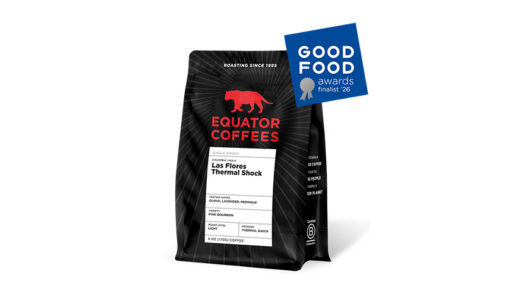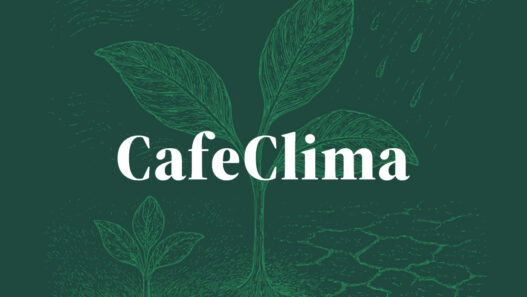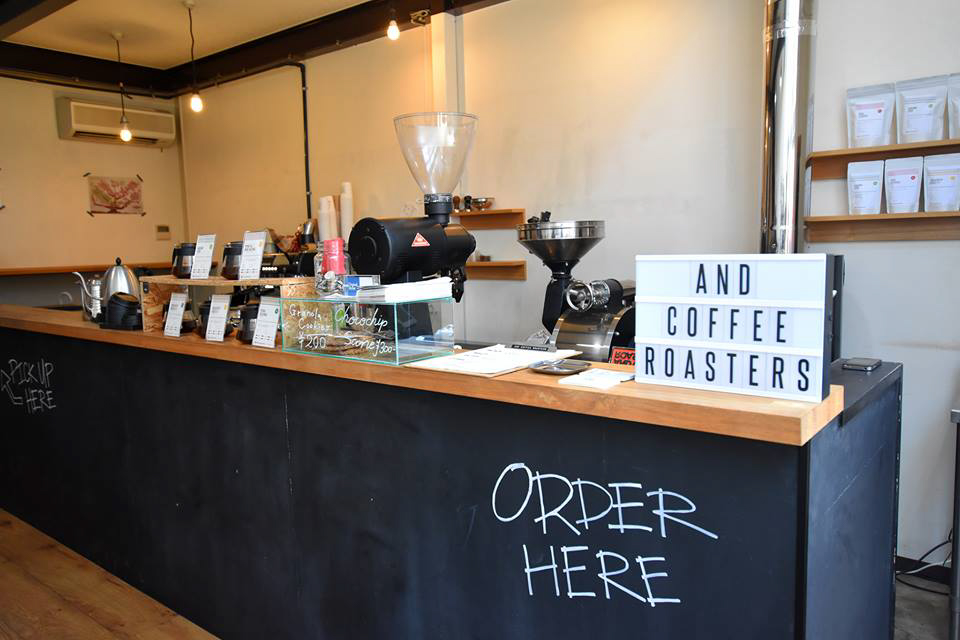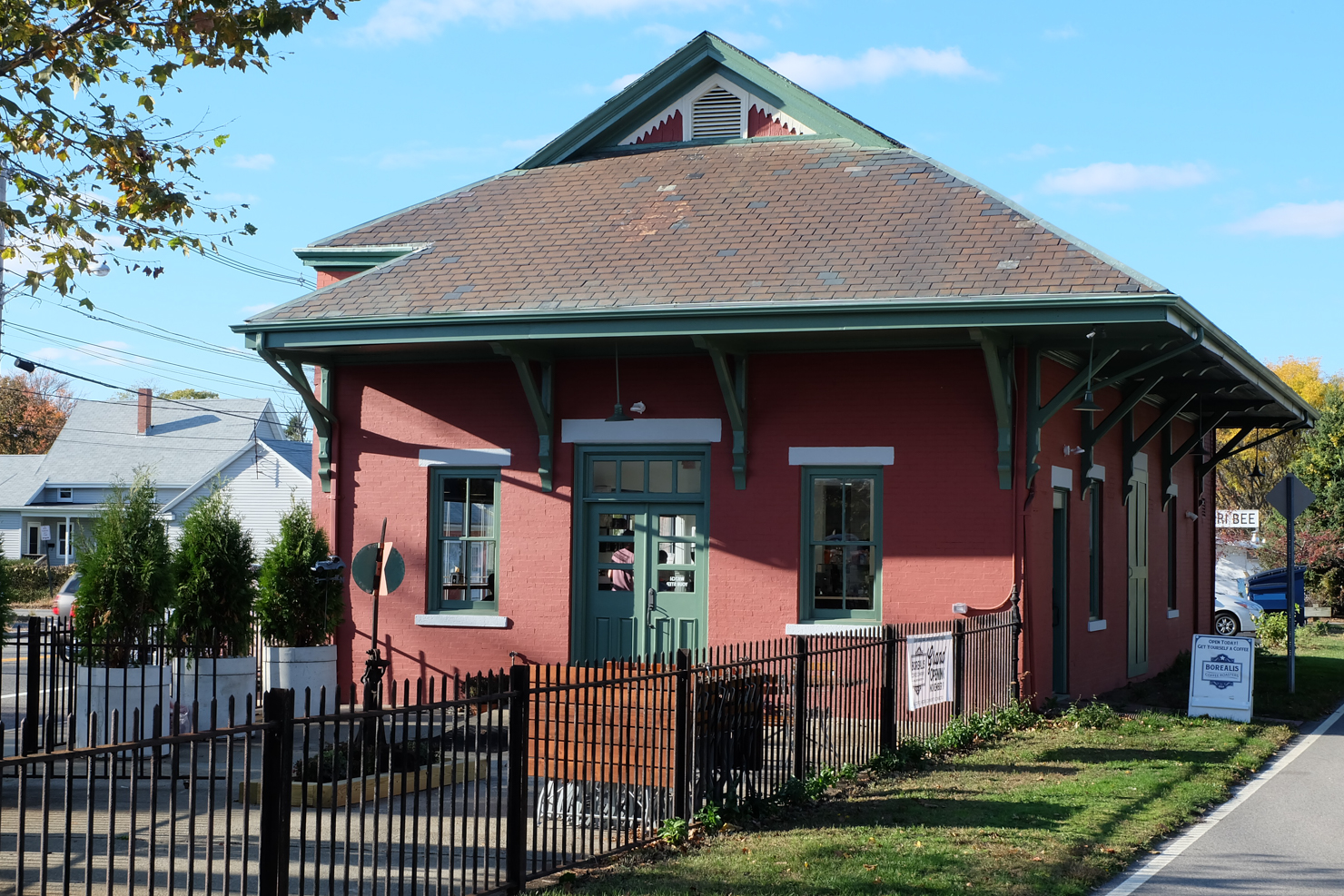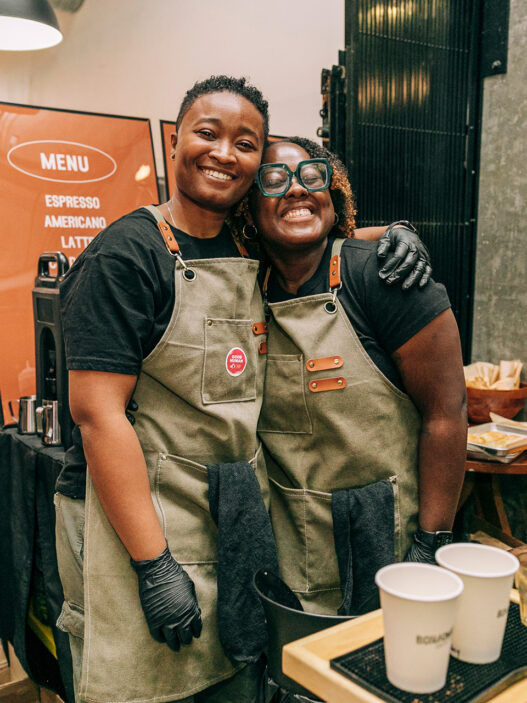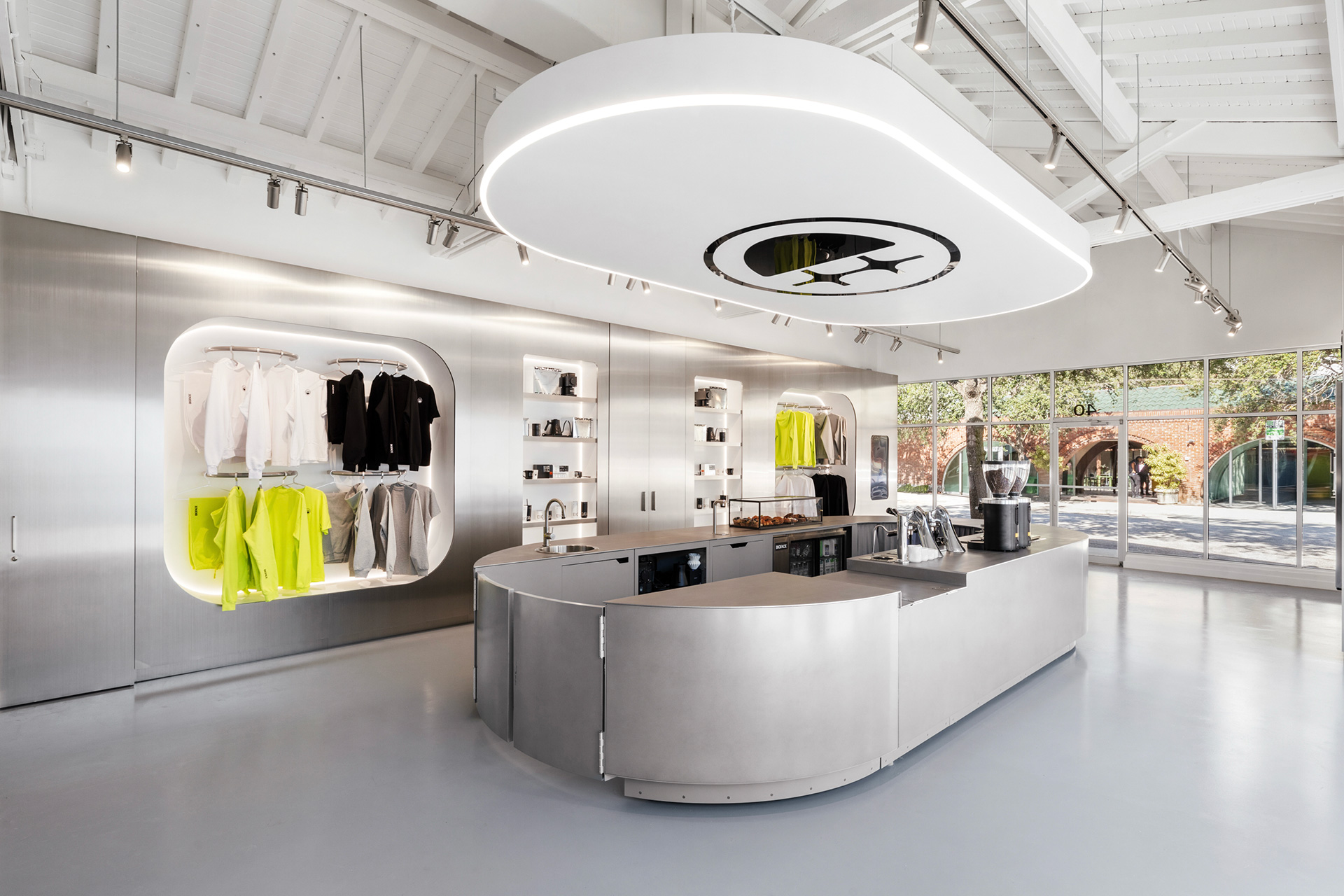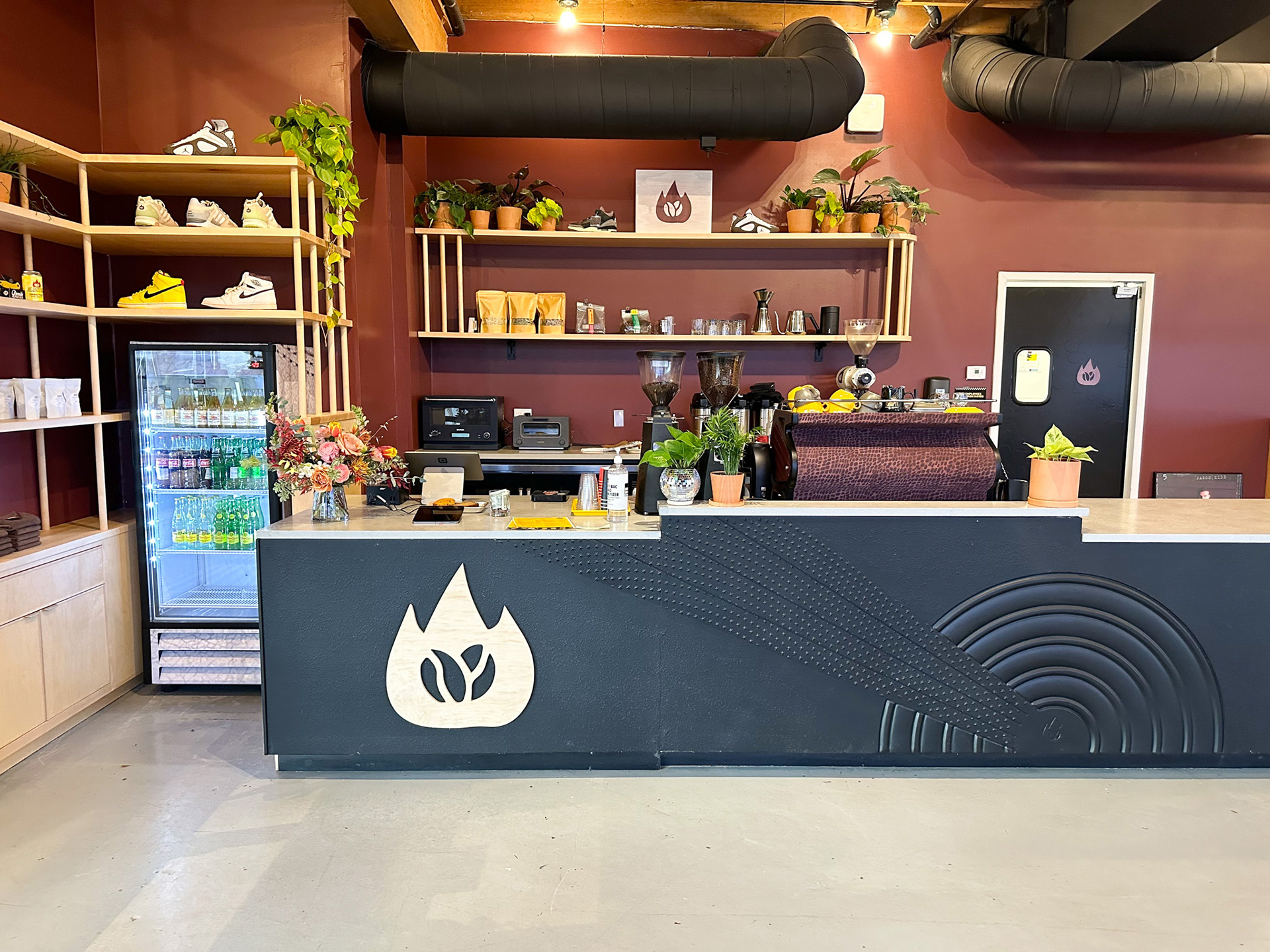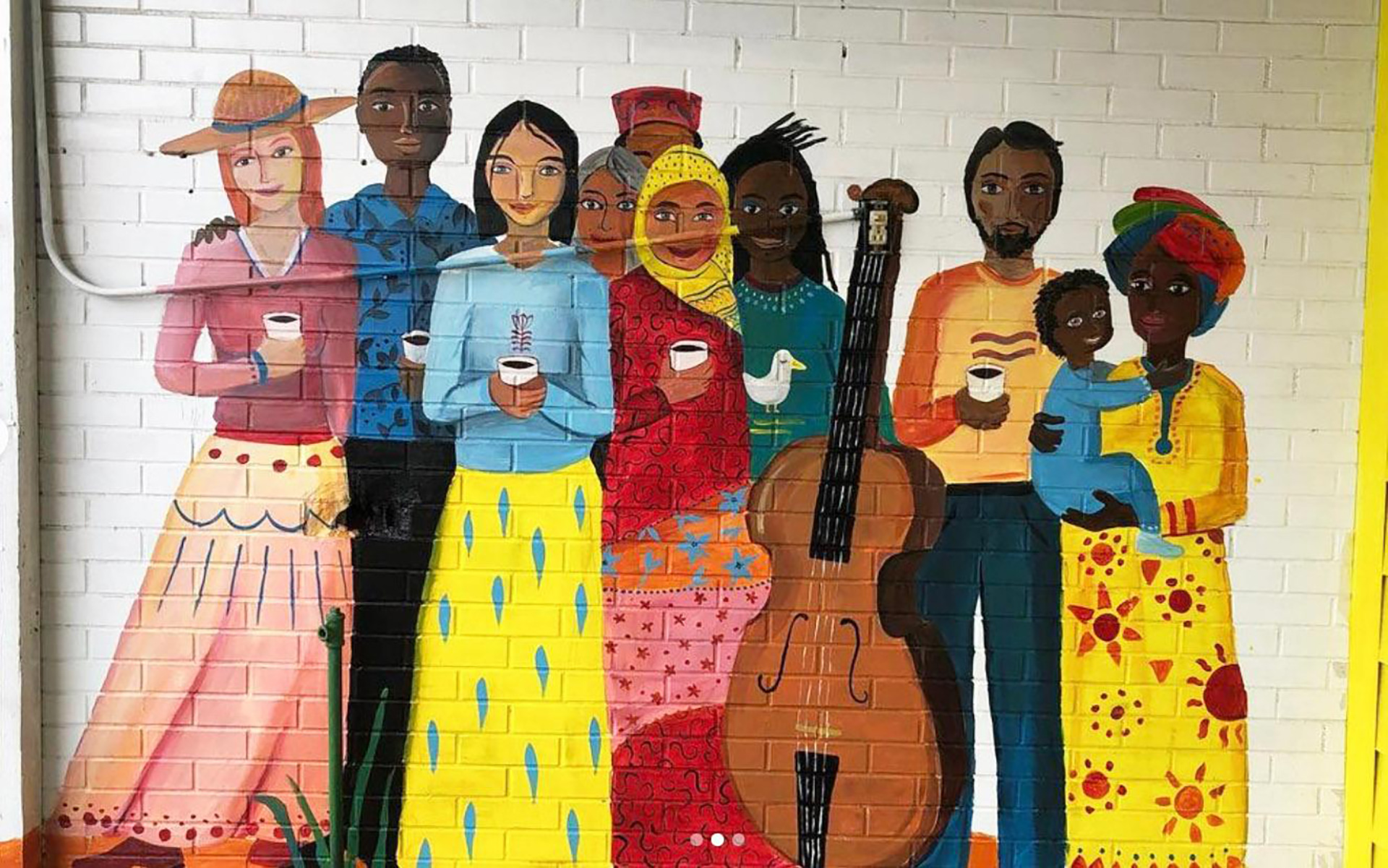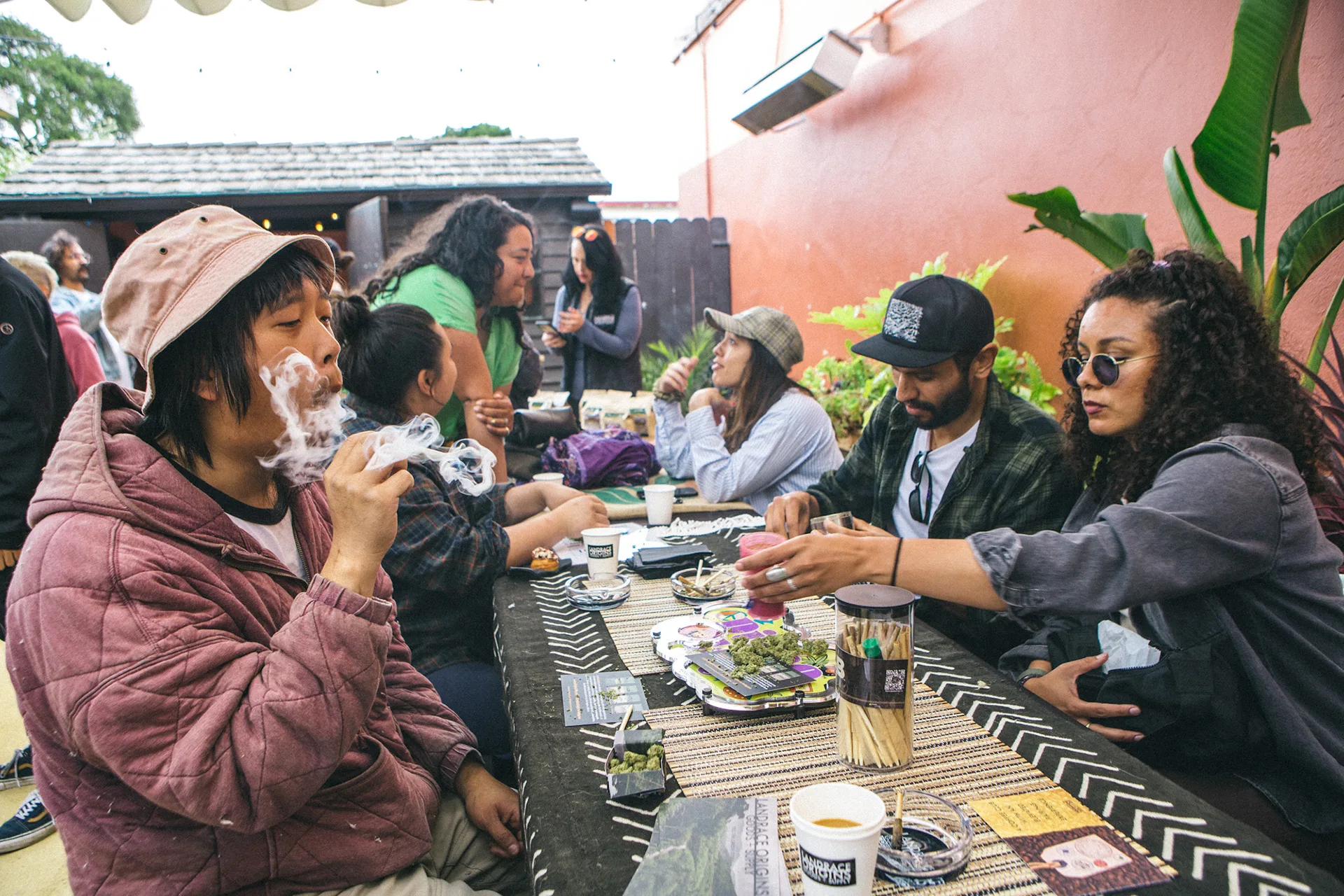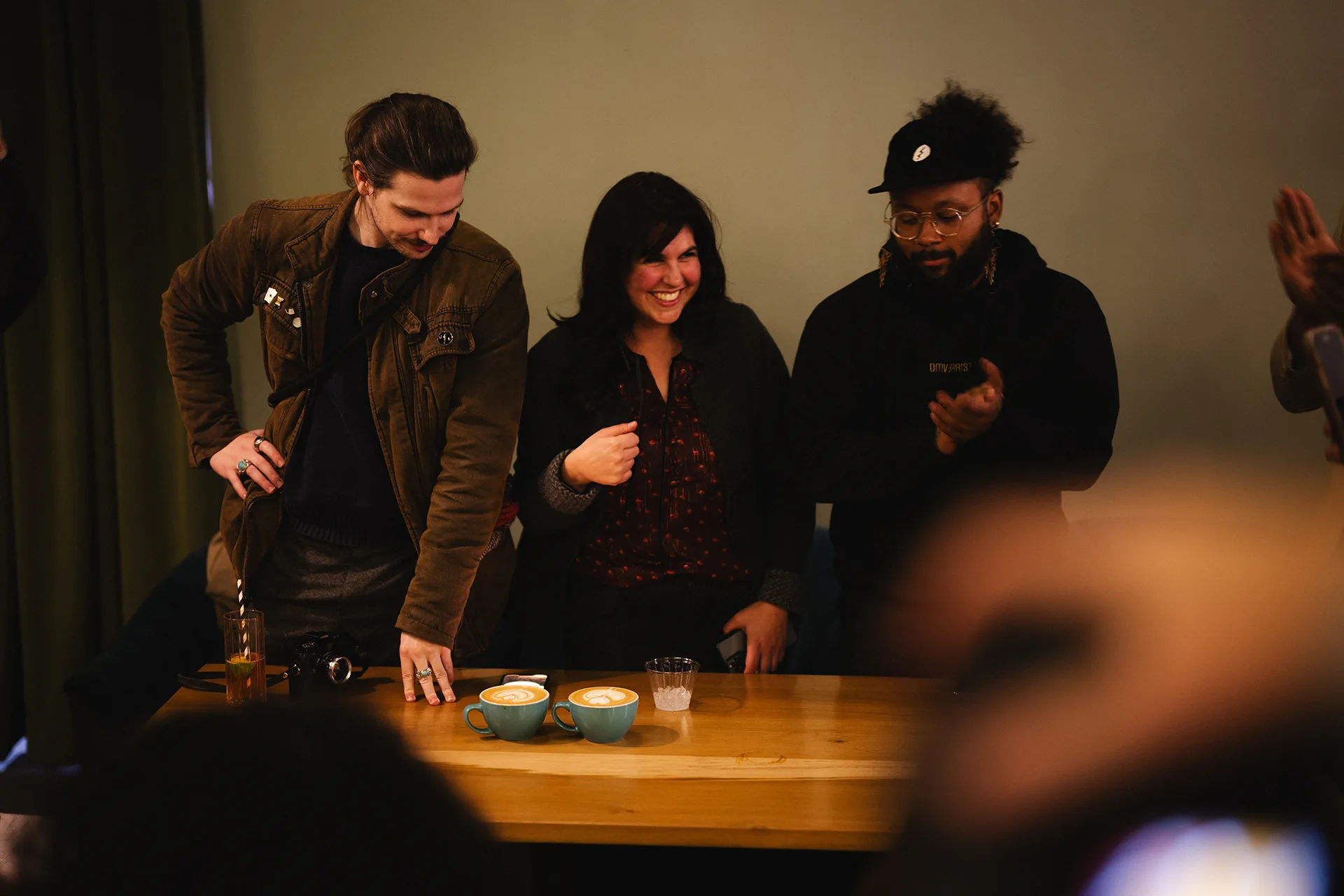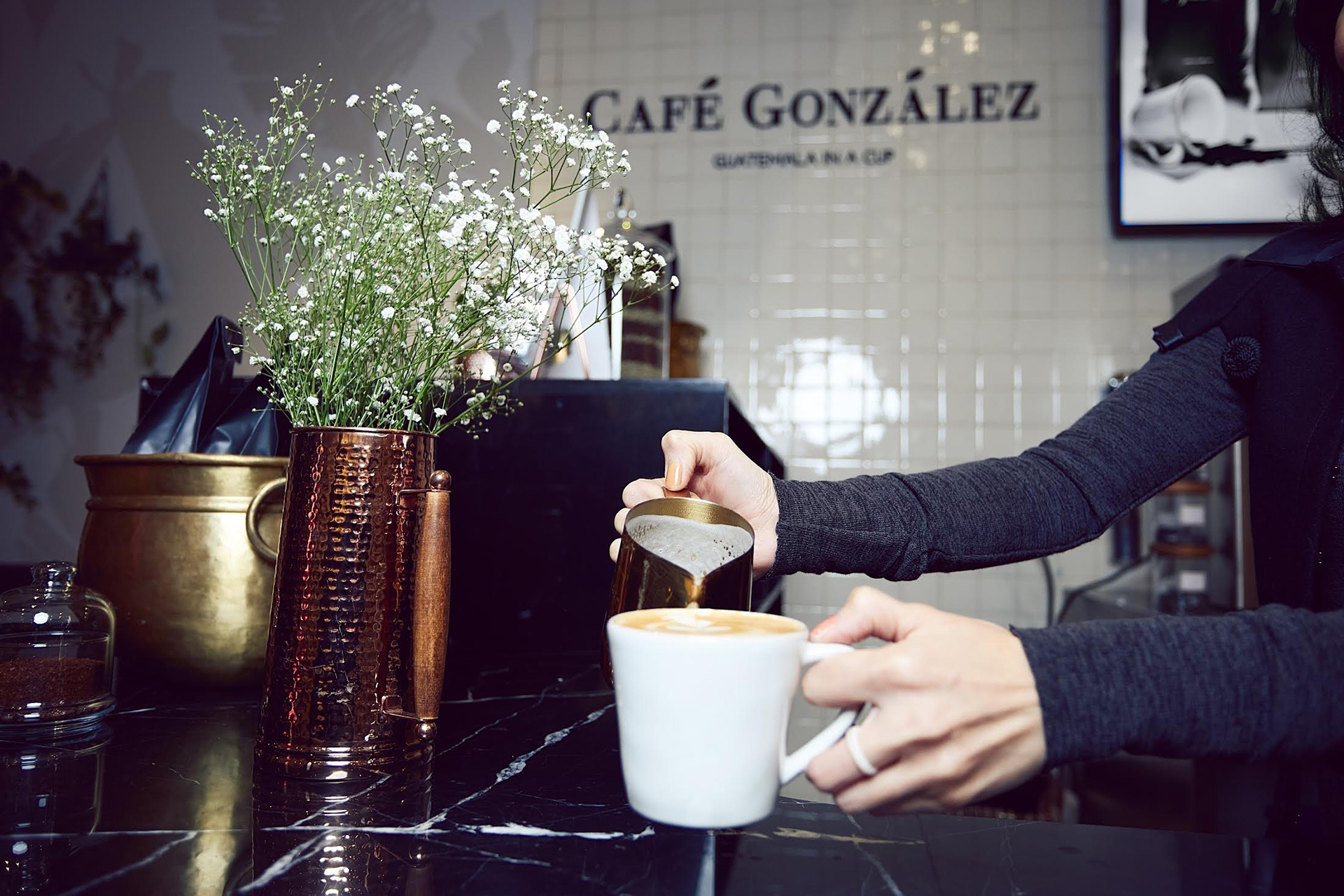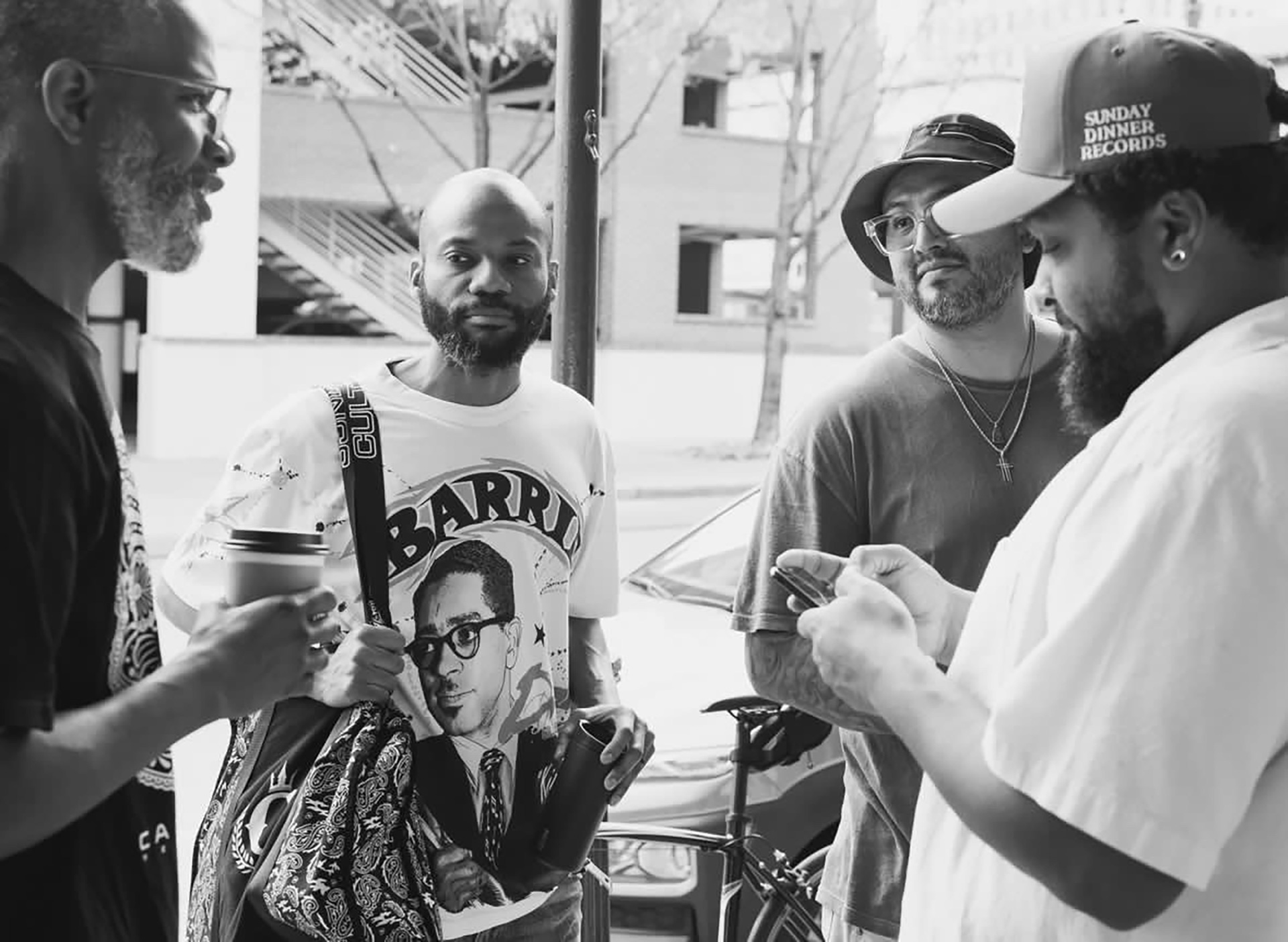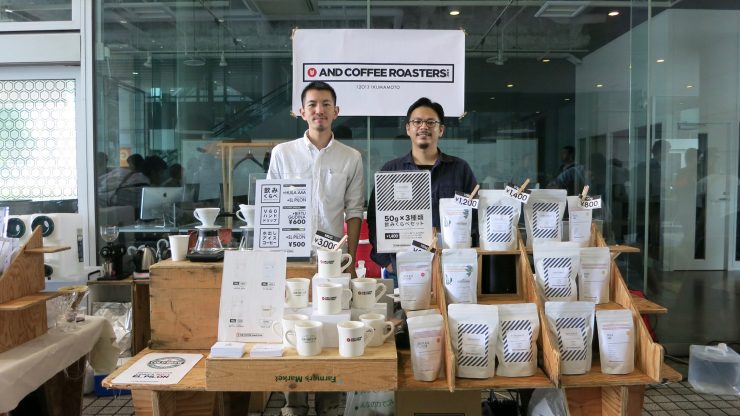
When I heard And Coffee Roasters would be at the 2016 Tokyo Coffee Festival, I thought it would be a good chance to learn more about them. And Coffee has been at every specialty coffee event I’ve known, and I often see its coffee in and around Tokyo. That always struck me as funny, finding a Kumamoto-based coffee shop weaving its way into the specialty coffee scene here.
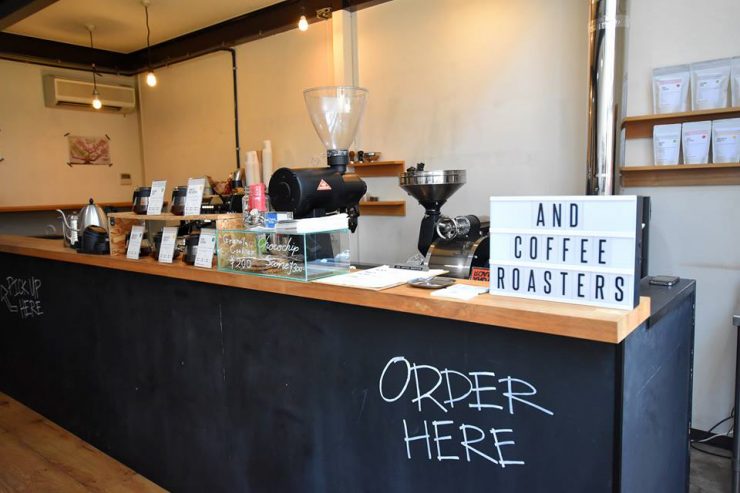
Kumamoto is located on the island Kyushu in the south of Japan. As the region is best known for Fukuoka, Nagasaki, and Hiroshima, Kumamoto sometimes feels like a distant fourth. Yeah, there’s Kumamoto Castle and Mount Aso, but it lacks the excitement and history of other cities in the area.
And Coffee opened in Kumamoto in 2013, when owner Yosuke Yamane moved there with his wife. Before that, he says he was self-taught, and that he developed an interest in specialty coffee while on exchange in New York about 10 years ago. But when he came back to Tokyo, he found good coffee to be something of a rarity.
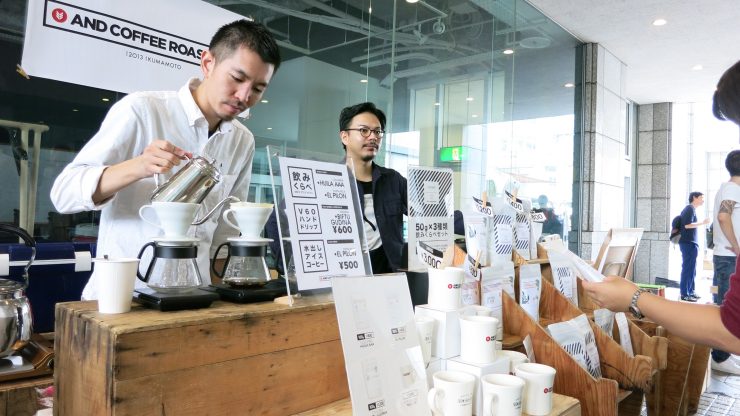
Yamane is quiet and soft-spoken, with the aura of a kindly uncle, and it’s easy to picture him roasting quietly at home—first with a hand roaster, then an electric one, honing his craft over time. He says experimentation was his first teacher; roasting and cupping meant slow and steady improvements.
The other instructor, he says, was travel. “I thought if I didn’t taste and experience good coffee, I wouldn’t be able to make it myself,” says Yamane. “You have to know what’s delicious, and what’s good.”
Over the years, Yamane has been to Portland, San Francisco, Seattle, Sydney, and Melbourne. He makes a point of going somewhere once a year to see what’s developing in coffee elsewhere. He hopes to begin visiting farms next year, too.
When And Coffee first opened, Yamane says it was tough going.
“In Tokyo, because of TV shows and magazines, the spread of coffee has been explosive, but in the countryside there’s no such push, so it’s a slow climb. Sometimes it’s hard because there aren’t any other shops to share information with.”
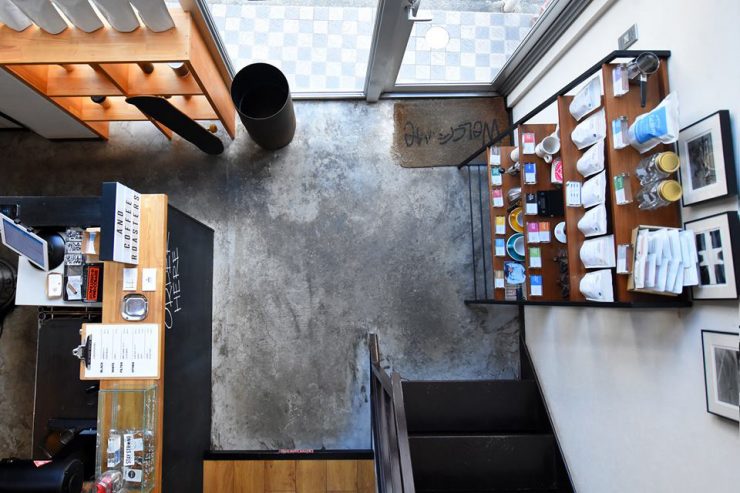
Yamane says he’s grateful too for the dedicated Tokyo coffee scene. When the earthquake hit Kumamoto in April earlier this year—and everything stopped—it was the help of others that got the coffee shop back on its feet.
“Right after the earthquake, people weren’t leaving their homes, and of course they weren’t buying coffee,” he says. “But I still had staff to pay even though we couldn’t open for two weeks. It was bad, and it was hard, but Atsushi from Onibus Coffee, and Kenji from Fuglen—lots of Tokyo coffee shops, actually—said they would buy our beans to support us during the recovery period. I’m really grateful to them for that.”
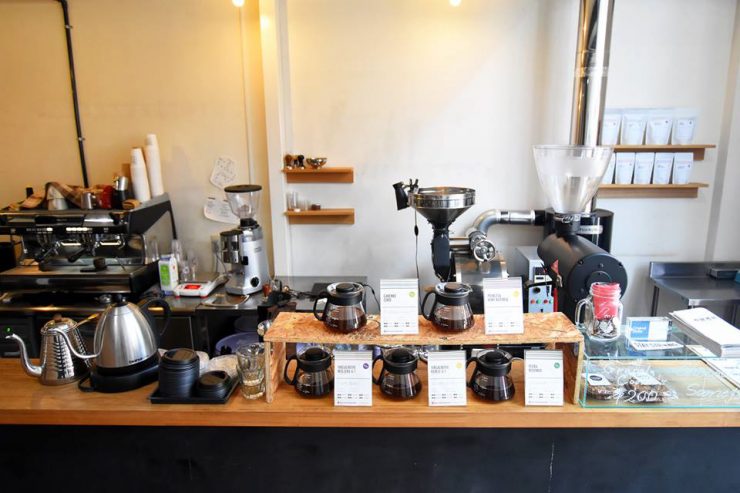
This felt very much a picture of the Tokyo coffee scene as I’ve come to know it. There’s a feeling that everyone’s in it together, roasting, brewing, and sharing the coffee they believe in.
And if one of those shops happens to be in the little town of Kumamoto? They get just as much love.
Yamane says there are plans to open a shop in Fukuoka soon, as well as a headquarters for sourcing new coffee and creating direct-trade relationships with farms. He says it’s hard to source coffee here, so many shops end up buying from the same places; creating more variety and diversity among coffee shops in Japan is among his goals.
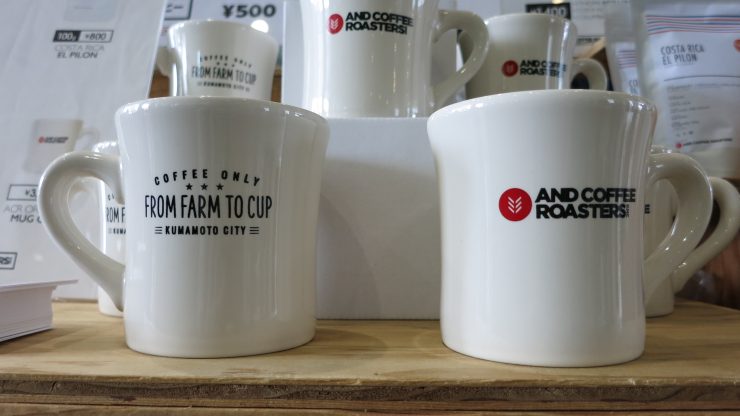
But for the time being, Yamane wants to establish and maintain specialty coffee culture in Kumamoto. “Even now,” he says, “people here say specialty coffee is sour. But there’s a worth and motivation to being [in Kumamoto]: in a place that has nothing, you can build something up.”
Photos courtesy of Yosuke Yamane.
Hengtee Lim is a Sprudge staff writer based in Tokyo. Read more Hengtee Lim on Sprudge.




